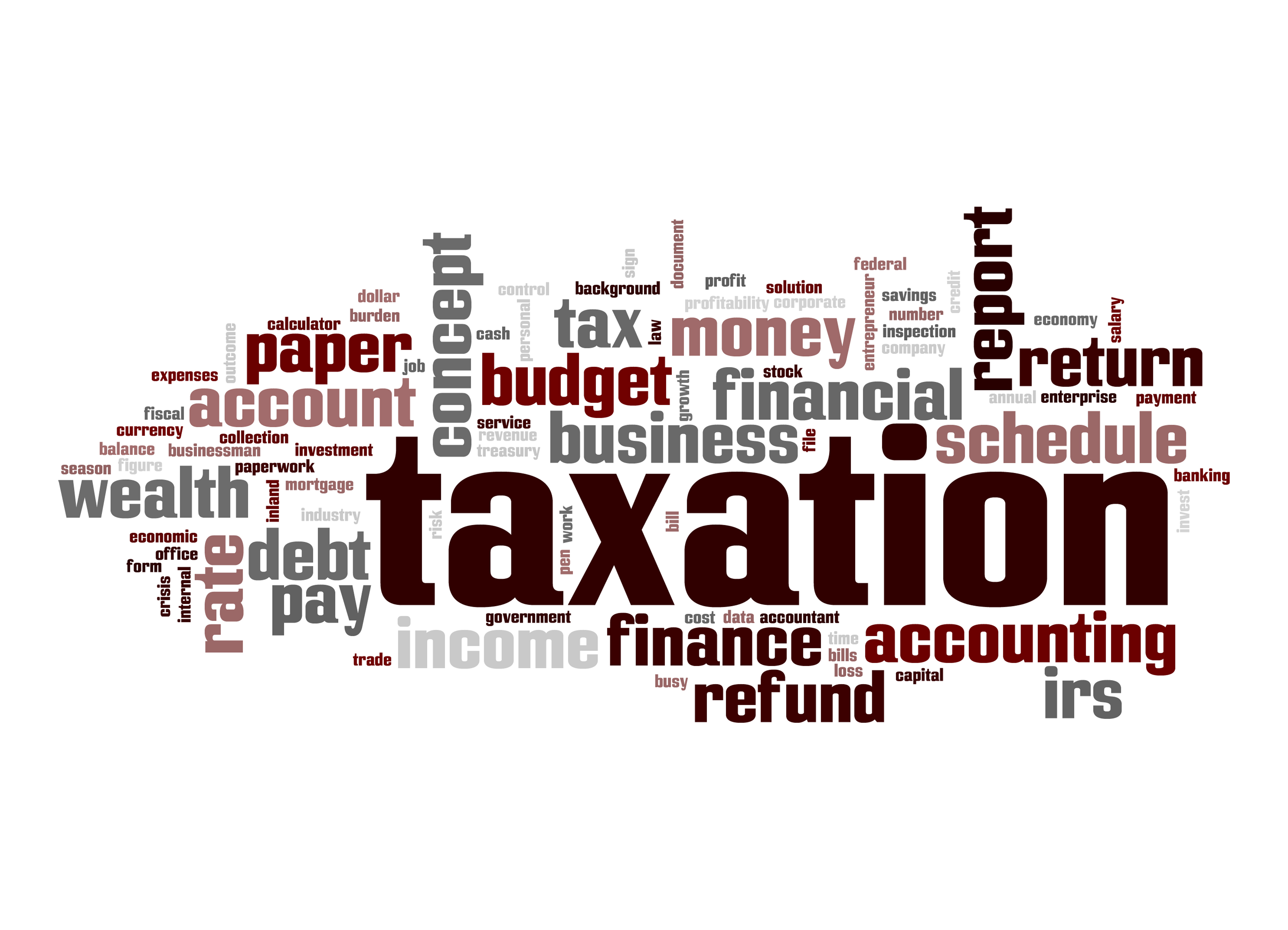2016: YEAR OF THE EXPORTER
Dear Subscriber,
You might have noticed the absence of IOC Weekly for the past few weeks, it was as a result of the restructuring of our web presence to give our readers a more robust user experience (hope you like the new feel?)
Whilst we were gone, the economic indicators have continued flashing red due to the persistent drop in oil revenue which has been the main stay of our economy. Whilst we were gone hundreds of Companies have shut down and thousands of people are now back in the already stretched labor market. Whilst we were gone the Naira has massively depreciated against the dollar and continues to flounder.
In the midst of this economic storm lies an immense opportunity to earn foreign exchange by exporting commodities and refined products to the rest of the world. The list of exportable commodities from Nigeria is endless and includes Vegetables, Yam, Cocoa, Bitter Kola, Cashew, Dried Fish, Hibiscus Flower, Lead, Charcoal etc. In a bid to encourage exporting the Federal Government of Nigeria through agencies like Central Bank of Nigeria, Bank of Industry (BOI), Nigerian Export Promotion Council (NEPC), Nigerian Export Import Bank (NEXIM) have been rolling out policies and initiatives to make Nigerians encourage exporting.
An example of a government initiative to encourage export is the Export Expansion Grant (EEG) as provided for under the Export Incentives and Miscellaneous Provisions Act CAP E19 LFN 2004 . EEG is a grant issued to non-oil exporters to subsidize their production, distribution and logistics costs so that they can compete effectively in the international market. The grant ranges from 10 per cent to 30 percent of the value of the products being exported after confirmation that the export proceeds have been repatriated back to Nigeria. The amount received by the exporter also depends on the categorization of the exporter. It is worthy of note that the EEG is paid in the form of a Negotiable Duty Credit Certificates (NDCCs) issued by the Nigerian Export Promotion Council in conjunction with the Nigerian Customs Service and other stakeholders. A beneficiary of an EEG can either sell the NDCC to importers (who use it to settle or reduce import duties) or use it as security to obtain a loan from banks.
The reality is that Nigeria must now export other things apart from crude oil and the key to starting a successful exporting business lies in acquiring knowledge of how the market works and compliance with all legal protocols. It is with this mindset and our desire to support emerging export champions, that we are co-facilitating a business seminar with the theme ‘The ABC of Exporting” holding at Comfort Conference Hall, 1, Adelodun Road, Flower Garden, GRA Ilorin Kwara State on the 18th of February 2016. For more details see http://okimsinvest.com/2016/01/30/how-to-make-money-from-exporting/




